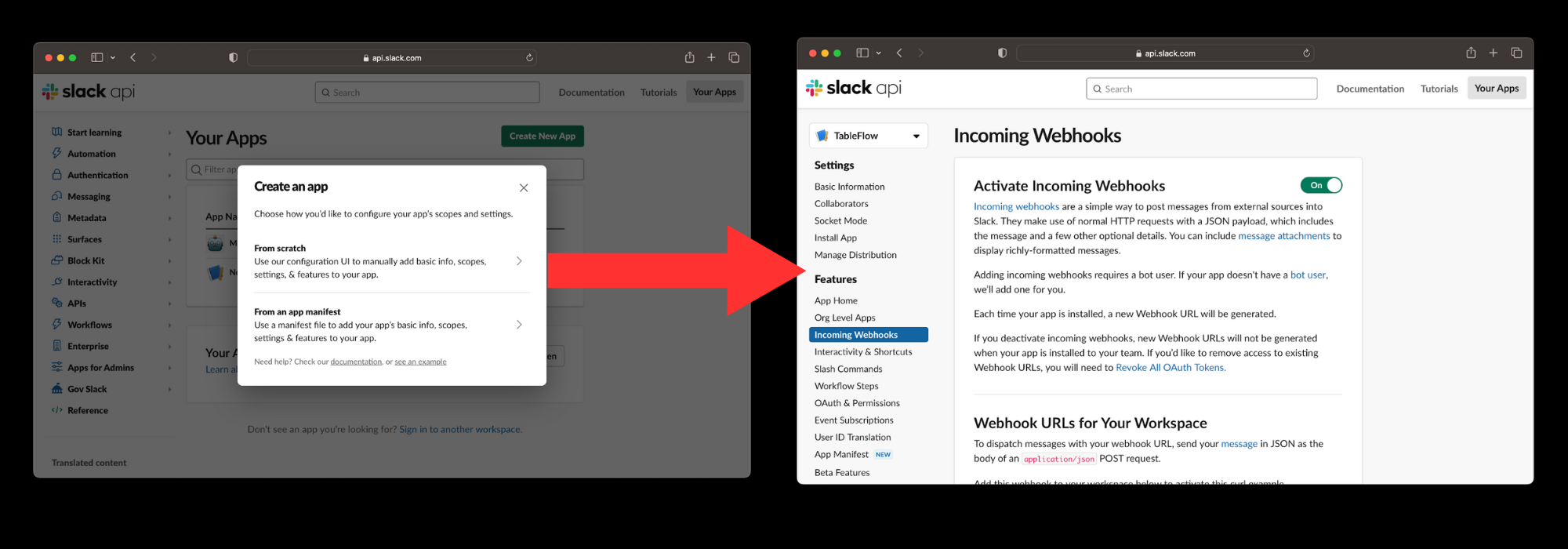Building a successful startup development team is key for growth and innovation. Every new hire changes the company’s DNA, making hiring a strategic process. The first 10 employees set the stage for the next 100, showing the importance of choosing wisely. Hiring is the biggest barrier to startup growth after funding, and finding the right people is critical. This guide will help you understand the challenges of startup hiring, attract top talent, and build a strong team.
Key Takeaways
- Careful hiring is crucial for startup growth and innovation
- The first 10 employees shape the company’s future
- Hiring is the top barrier to startup growth after funding
- This guide covers hiring challenges and strategies for startups
- Attracting top talent is essential for building a successful development team
Understanding the Startup Hiring Landscape
Startups have a tough time when it comes to hiring software engineers. The process is complicated by a lack of skilled workers and competition from big tech companies1. CB Insights found that 14% of founders said not having the right team was a major reason for failure1.
The US is expected to be short 4 million programmers by 2025, according to IDC1.
Current Challenges in Tech Recruitment
Big companies are hard to beat in hiring, offering great benefits like flexible hours and health insurance1. Startups struggle to compete with salaries and perks, making it hard to attract talent1.
Impact of Market Competition
“One of the findings in First Round’s recent State of Startups report was that hiring the right people tops the list of founder concerns.”2 Startups face challenges in finding the right fit due to lack of recognition and changing tech standards1. “Tammy estimates that a good 70% of job seekers are hunting for star power names like Uber, Warby Parker, Slack, Stripe, etc.”2
Risk Factors for Early-stage Startups
Early-stage startups often have to make quick hiring decisions, which can lead to mistakes1. “An overcapitalized company does not a promising company make unless it has 6 months of cash in the bank.”2 It’s important to understand these challenges to develop effective hiring strategies.
| Challenge | Impact | Mitigation Strategies |
|---|---|---|
| Talent Shortage | Difficulty finding qualified experts |
|
| Market Competition | Struggle to attract top talent |
|
| Limited Runway | Rushed hiring decisions |
|
“The founder should dedicate at least 50% (if not more) of their time to interviewing and recruiting.”2 By understanding the startup hiring landscape and addressing these challenges, startups can build strong teams to drive their growth12.
Startup Development Team Hiring: Essential Steps and Strategies
Finding the right developers is key to a startup’s success. To build a strong engineering team, follow these steps and strategies:
- Know what your business needs. Identify the skills, technologies, and expertise needed to make your product vision real3.
- Decide on the best employment model for you – project-based, dedicated team, or extended team4.
- Choose where to hire from, thinking about cost, language, and time zones. Eastern Europe, for example, has skilled developers at lower rates than the U.S4.
- Look for specialists through talent marketplaces or IT agencies. Check their reviews, past projects, and portfolios to verify their skills4.
- Do detailed interviews to check their technical skills and if they fit your company’s culture. Look for developers who are versatile, adaptable, and passionate about your mission3.
- Begin the work with clear goals, communication, and a defined workflow. This helps manage projects well and meet deadlines4.
Outsourcing development is common, with4 72% of companies choosing it over in-house development. This method helps startups5 create quality products, get specialized skills, and save money – all important for early success.
When creating your engineering team, focus on versatility, adaptability, and cultural fit, along with technical skills3. With the right team, your startup can reach its full potential and lead in innovation.
Building an Attractive Company Culture for Tech Talent
Creating a great employer value proposition is key to attracting top tech talent6. Startups that offer good salaries and benefits are more likely to keep developers6. Developers also value flexible work options, like remote work or flexible hours, which are now more important6. Diverse teams are more innovative and successful in tech.
Developing Strong Company Values
Define and share your company’s cultural values to show who you are. Having a strong online presence also helps attract candidates6. Show your mission and values to attract developers who want to make a difference.
Creating Competitive Benefits Packages
6 Software developers in the U.S. earn about $105,000 a year7. It’s important to offer good compensation and benefits to attract and keep top talent7. 88% of job seekers look at a company’s benefits package when choosing a job.
Establishing Growth Opportunities
8 Offering chances for professional growth is key to keeping tech talent engaged8. It’s important to manage performance and offer career advancement to keep talent8. Focusing on growth and engagement keeps tech talent motivated and happy.
| Hiring Challenge | Statistic |
|---|---|
| Competition for qualified tech candidates | 8 According to Gartner, 86% of CIOs report increased competition for qualified candidates in the tech industry. |
| Projected tech talent shortage | 8 The U.S. Bureau of Labor Statistics projects a shortage of 1.2 million available tech talent by 2026 in the United States alone. |
| Tech talent retention | 8 Only 29% of IT workers have high intent to stay with their current employer, indicating high turnover rates in the industry. |
| Hiring process optimization | 8 Analytics are utilized for measuring and optimizing tech talent processes to ensure alignment with business objectives and continued improvement. |
Remote vs. Local Development Teams
Startups face a big choice: remote developers for startups or local startup development teams. Remote hiring lets startups find top talent worldwide9. This can save money on office space and boost team diversity9.
Places like Poland have skilled developers at lower costs than Western Europe or North America9.
But, remote work has its own hurdles, like time zone issues and cultural differences9. Local teams are great for face-to-face work but might not have the same skill range9.
Choosing the right team for your startup involves many factors910. Consider pay, benefits, and the project’s needs910. In-house teams can build loyalty, but they’re costly9.
The choice between remote developers for startups and local startup development teams depends on your startup’s needs910. Weigh the pros and cons to find the best fit for your growth910.
Conclusion
Finding the right development team is key for any startup’s success. Understanding the hiring landscape and using smart recruitment strategies are important. These steps help attract top talent to drive the business forward1112.
Choosing between remote, local, or offshore teams needs careful thought. Consider costs, expertise, and project needs11. Each option has its pros and cons, so pick what’s best for your startup11.
Success in hiring a development team is about finding the right mix. Look for technical skills, cultural fit, and strategic alignment. Investing in a strong team sets your startup up for growth and innovation in the tech world12.





